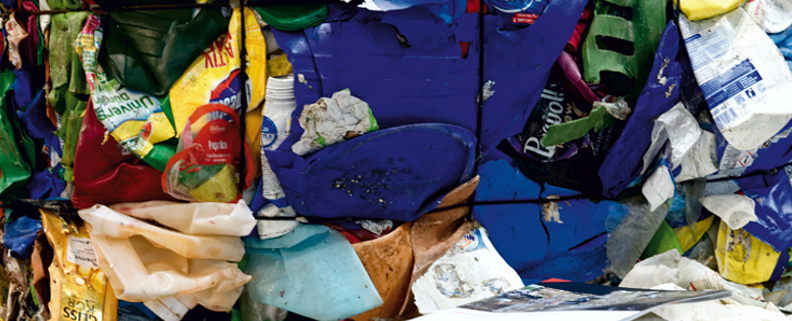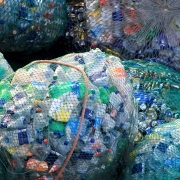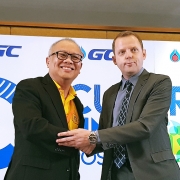Japan to Strengthen Plastic Recycling
In April last year, the Act on Promotion of Resource Circulation for Plastics came into effect.
According to a survey conducted in April 2022 in Japan, the majority of respondents did not know anything about the Plastic Resource Circulation Act, the website statista.com reported five months later. “Only 25.3 percent had a grasp of the legal contents of the law.”
The Japanese publication The Mainichi reported, Japan produced about 8.5 million metric tons of plastic garbage per year, “making it the second worst in the world for plastic waste per capita”. The Japanese government had committed to reducing disposable plastics by 25 percent by 2030. Japan would recycle 85 percent of its plastic, Mainichi Japan wrote in June 2021. However, more than half of that amount was burned to generate electricity or exported abroad. “Only around 20 percent of plastic waste is turned into new products.”
Conditions for more circulation
As reported by the government of Japan in May last year, the act came as part of the country’s “3R [Reduce, Reuse, Recycle] + Renewable” initiatives to promote resource circulation of plastics in each stage of the entire lifecycle of plastic products, in collaboration with all stakeholders including municipalities, businesses and consumers. Based on the legal regulation, the government has also published “the guideline for design of plastic-containing products” to encourage designers and manufacturers to produce environmentally friendly designs. “The guideline prescribes using less plastic, reducing excessive packaging, designing products that are easy to disassemble and separate, and using recycled plastic and bio-based plastic,” the public relations office gave account. “Moreover, the government has introduced a certification scheme to recognize excellent product designs.” The administration would preferentially procure such certified products – and would require consumers and businesses to use them.
The Act on Promotion of Resource Circulation for Plastics is asking retailers and service providers to take action regarding specified plastic-containing products. These products refer to 12 plastic items: forks, spoons, table knives, stir sticks, and straws provided by retailers, restaurants, and so forth; hairbrushes, combs, razors, toothbrushes, and shower caps provided by accommodations; and hangers and clothing covers provided by laundry services and so forth. Retailers and service providers were required to implement any initiatives to reduce the amount of waste of these items.
For the discharge, collection and recycling stage, three measures are defined. “The first is related to sorted collection and recycling activities by municipalities. In Japan, most municipalities have been sorting, collecting, and recycling used PET bottles and other plastic packaging waste as a resource, with the help of residents, under the existing Act on the Promotion of Sorted Collection and Recycling of Containers and Packaging. The new Act requires municipalities to sort, collect, and recycle not only plastic containers and packaging waste but also other plastic products waste.” The second is to make it easier for businesses such as manufacturers, retailers, and others to collect and recycle plastic products. The third is to require businesses to reduce the amount of plastic waste generation and to recycle plastic. Moreover, the act would introduce measures to facilitate recycling by such businesses.
Initiatives
“Under the plastic resource recycling promotion law, businesses that provide five metric tons or more of plastic products per year are obliged to reduce the amount used,” Mainichi informed end of March last year and reported some examples.
Japanese convenience store franchise chain Lawson Inc. intended to reduce the weight of its conventional spoons and forks by making holes in their handles and introducing these items in its stores by August. Furthermore, it wanted to start offering wooden spoons in some stores that month. Seven-Eleven Japan Co. would use plastic spoons and forks made up of about 30 percent of plant-derived materials.
The hotel industry is also beginning to review the distribution of plastic items. The hotel chain Super Hotel Co. would stop providing toothbrushes and other supplies in guest rooms but set up a supply corner in the front lobby of all its hotels; guests would bring such items into their rooms at their discretion.
(Published in GLOBAL RECYCLING Magazine 1/2023, Page 8, Photo: Andi Karg)








